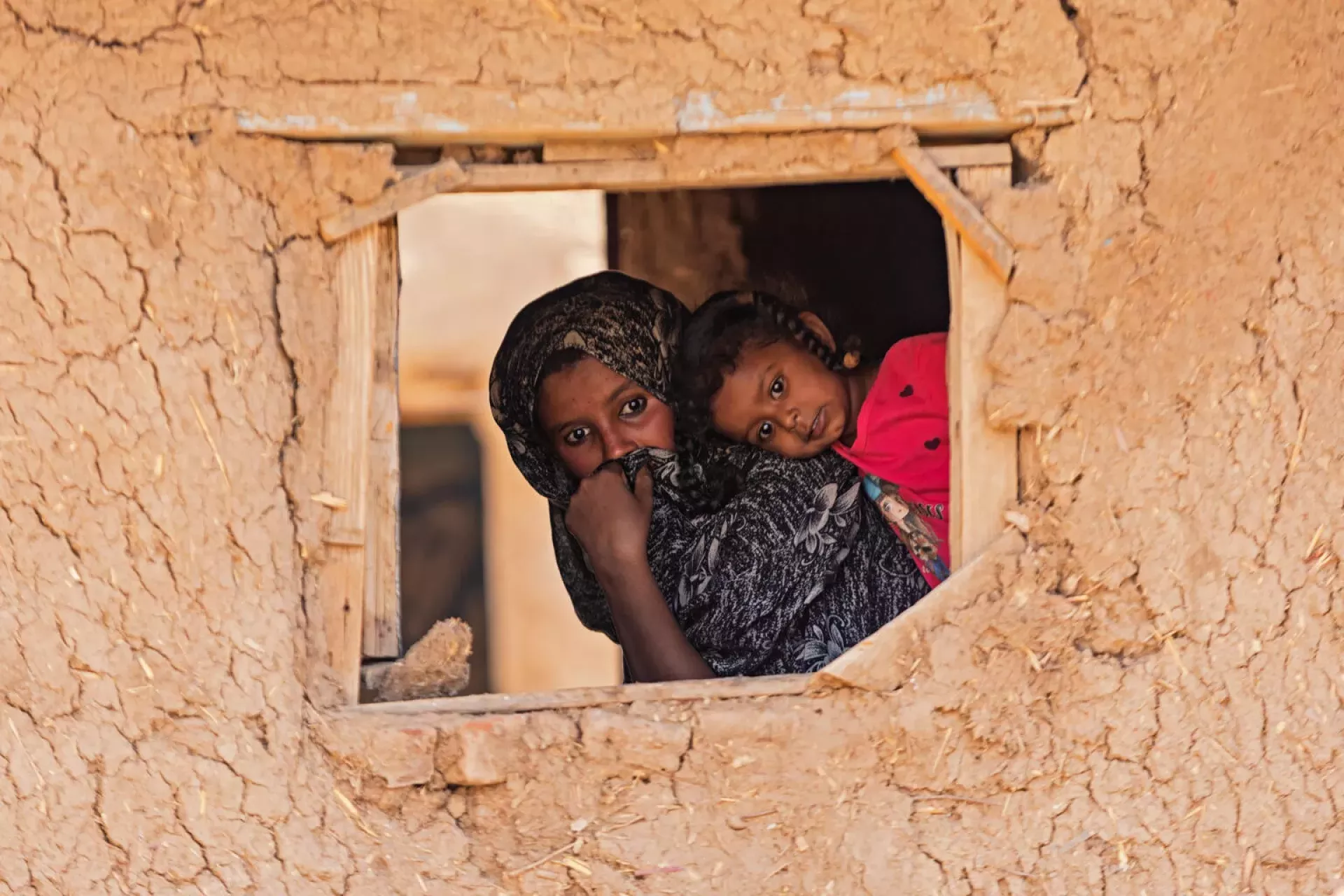
Emergency response in Sudan
- Staff pick
- Approved and vetted by HOGS
- Receive ongoing updates
Description
Page updated: 16 July 2025
Conflict in Sudan is pushing already vulnerable children deeper into hardship. Even before the current conflict, humanitarian needs across Sudan had reached record levels. Now, millions of children have been forced to flee their homes, making Sudan the largest child displacement crisis in the world. What’s happening in Sudan? Heavy fighting broke out in the capital, Khartoum, in April 2023, and quickly extended throughout the country. More than a year later, the conflict continues to threaten the health and well-being of Sudan’s 24 million children, pushing already vulnerable families deeper into hardship. Displacement, disease outbreaks, hunger and restricted humanitarian access are creating a lethal combination for a conflict-induced famine and a catastrophic loss of children’s lives. The situation is especially dire for children and families trapped in areas directly affected by conflict, insecurity and protection risks. Civilian infrastructure across Sudan has been decimated, leaving children and communities without essential services like clean water and basic health care. Meanwhile, the loss of family income and the socioeconomic fallout from the war are proving devastating to the well-being of children, depriving them of vital resources and opportunities for their futures. How is the crisis affecting children in Sudan? The brutal war is creating the perfect storm for a catastrophic loss of children’s lives. By late December 2024, more than 24 million people across Sudan were experiencing high levels of acute food insecurity. UNICEF estimates that 770,000 children under five will suffer from the deadliest form of malnutrition, severe acute malnutrition, in 2025. With vaccination coverage dropping due to the fighting and subsequent access issues, ongoing disease outbreaks such as cholera, measles, malaria and dengue, and millions of children lacking access to safe drinking water, hundreds of thousands are at significant risk of dying. The impact of the conflict on education, meanwhile, has been devastating. Schools have been closed in most states since the start of the war. Around 17 million children are not in school, with buildings that were once centres of learning now shelters for internally displaced children. The ongoing disruption to education will result in a generational crisis for Sudan. In areas where Sudanese children have fled to, including neighbouring countries, children are encountering numerous obstacles in accessing essential services, including education and healthcare. These displaced and refugee children are in desperate need of safety, stability, and psychosocial support as they navigate the challenges of starting over in unfamiliar surroundings. The large numbers of displaced families are also placing a significant burden on host communities that have shown considerable generosity, but who were in many cases already grappling with crises of their own.
Updates
Donate today and you will be notified when Heart of Gold Foundation posts an update! You need to donate to this project before you can leave a comment.
make a donation to unlock this section.
